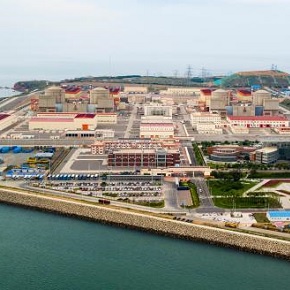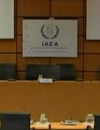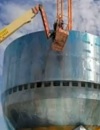 |
||
|
Fukushima water - NRA gave the go-ahead AtomInfo.Ru, PUBLISHED 19.05.2022 Japan's Nuclear Regulatory Agency (NRA) has approved TEPCO's plan to dump tritium-contaminated water accumulated at the site of the Fukushima Daiichi emergency nuclear power plant into the ocean. The official approval was preceded by a 30-day public comment period. The contaminated water is stored at the site in about a thousand tanks. This is water purified after passing through a specialized ALPS system, which is capable of removing most radioactive isotopes, except tritium. The volume of stored water is gradually increasing, despite all efforts to reduce the rate of its accumulation. Now it is about 1.37 million cubic meters. According to forecasts, the existing tanks will be fully filled in the middle or end of 2023. Accordingly, TEPCO sooner or later had to make a decision on the fate of the contaminated Fukushima water. Several options were considered, but two were taken out for final consideration - evaporation and dumping into the sea. Evaporation in Japanese conditions was considered an unsuitable option, after which only the discharge remained. In April 2021, the Japanese government officially allowed contaminated water to be drained into the ocean, provided it is diluted to safe tritium levels and after the regulatory authority issues its permission. Now permission has been received from the NRA. The water will be drained not simultaneously, but over a long period (it is said about 30 years). The entire procedure will be periodically monitored by the IAEA. After dilution with seawater, the contaminated water will be released into the ocean at a certain (approximately 1 km) distance from the shore, for which an underground tunnel will be built. TEPCO's actions are closely monitored by neighboring countries. China is showing great concern - however, it is difficult to determine how much there are real fears in the Chinese reaction, and how much there is a desire to hurt a regional rival. In Russia in 2021, the IBRAE (Nuclear Safety Institute of the Russian Academy of Sciences) carried out assessments and came to the conclusion that a uniform discharge of water would not lead to exceeding the norms for radioactivity in ocean water. Topics: NPP Fukushima Daiichi, Japan Other news: Russian specialists present reports at IAEA Conference on Fast Reactors A total of 70 reports by Russian participants were presented at the conference. Specialists of SSC RIAR have successfully completed the modernization of the VK-50 reactor This is the first and only operating pressurized boiling reactor with natural coolant circulation in the country. Ghana will decide on the site before the end of the year Four candidate sites are currently being explored. |
Hero of the day 
Hongyanhe-6 is connected to the grid A CPR-1000 reactor developed by the Chinese corporation CGN is installed on the unit. According to PRIS, the thermal power of the reactor is 2905 MWt, the electrical power of the unit is 1119 MWe gross and 1061 MWe net. INTERVIEW
FR22 concluded its work OPINION
AtomInfo.Ru |

